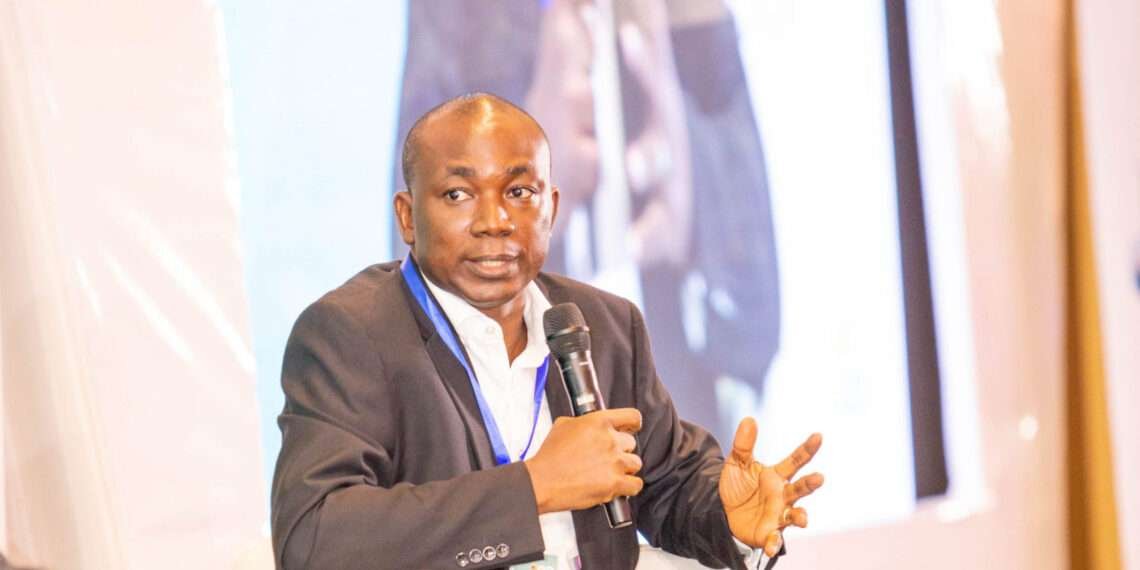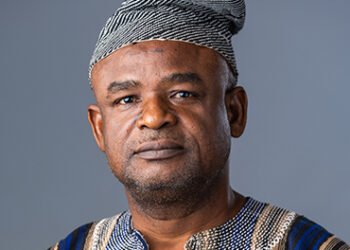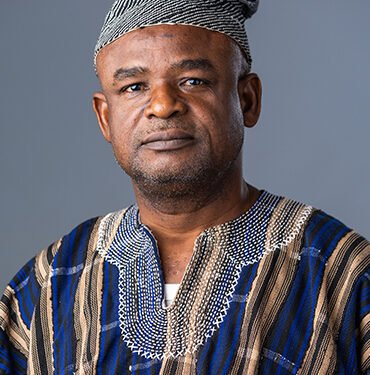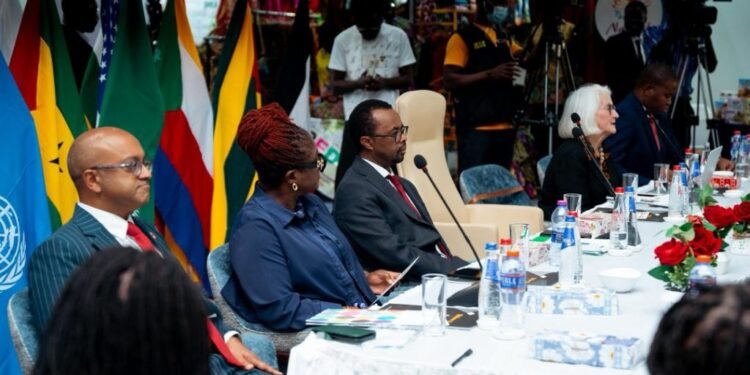Economist, Prof Godfred Bokpin, has revealed that government prior to signing the IMF deal knew it was not going to deliver instant result.
According to him, the impact of the first tranche from the IMF is not being largely felt now because government knew that pre-IMF programme, the country was heading in a dangerous direction. He indicated that owing to this, the country needed an eternal anchor which it found in the form of an IMF supported program.
“It was very clear to us that the IMF program will not deliver an instant dividend, our problems weren’t going to be solved overnight simply because we have signed an IMF program… We also knew that there’s a price that we have to pay to restore microeconomic stability.”
Prof Godfred Bokpin
Prof Bokpin stated that the reason why businesses are feeling the impact when it comes to the IMF conditionalities more is because government is shifting the “adverse distributional effect of the program, disproportionately” to households and businesses when it should have been “loaded on growth enhancing expenditure cut”, which government failed to do.
Due to this, he stated that when it comes to the broad policy framework, the necessary fiscal adjustment that government has to do, although limited, is heavily based on revenue enhancement and not “greater expenditure cut in terms of wasteful expenditure cuts”.
“That is why the approach the government has adopted in the fiscal consolidation effort, which is needed, is what is causing that disproportionate effect to businesses and household.”
Prof Godfred Bokpin
Impact of IMF program on businesses
On his part, President of Ghana Union of Traders Association (GUTA), Dr Joseph Obeng, highlighted that the IMF program is not an “end in itself” when it come to its impact on imports. He explained that the IMF has come with its own challenges and advantages, which may also not help the course of businesses.
“If you look at the latter part of 2022, most businesses suffered, most of our capital were depleted – over 50%, that accounts to the reason why they are saying that the port is empty now. The traffic is lessened because the volumes that we used to bring have dwindled because our capitals have also depleted…
“Coming from that time, we also saw inflation going to the highest, about 53%. Also, the interest rate we are paying, borrowing cost has gone up astronomically to over 40%. These are all indicators that do not let businesses thrive. The negative impact of IMF and its conditionalities is such that we have to introduce new taxes…”
Prof Godfred Bokpin
Commenting on whether inflation and exchange rate have improved, Dr Obeng stated that when there’s stability in the currency, it means that it has to also translate into the prices in the market. He however noted that if it is not happening like that, it means that the gains in the stability is short-lived.
“The gains that would have gotten from this stability is being taken away by the high cost of doing business, taxes that have been imposed, benchmark reduction policy that has made duty go up, and so many others… That’s why we said the kind of inflation we are now experiencing is a cost-pushed inflation… That’s why even when there’s some kind of stability in the exchange, it’s still not transferring.
Prof Godfred Bokpin
Furthermore, Dr Obeng expressed that the depreciation of the cedi had a toll on businesses, so having achieved some kind of stability is good for them. However, he emphasized the need for government to “prune down most of the cost items” in doing business, especially at the port and also with the introduction of new taxes.
“We have to restructure the VAT which does not bring uniformity and which is not helping compliance, and it has also pushed the prices up unnecessarily.”
Prof Godfred Bokpin
READ ALSO: The Sky Train Project Is A Scam- Kofi Adams























